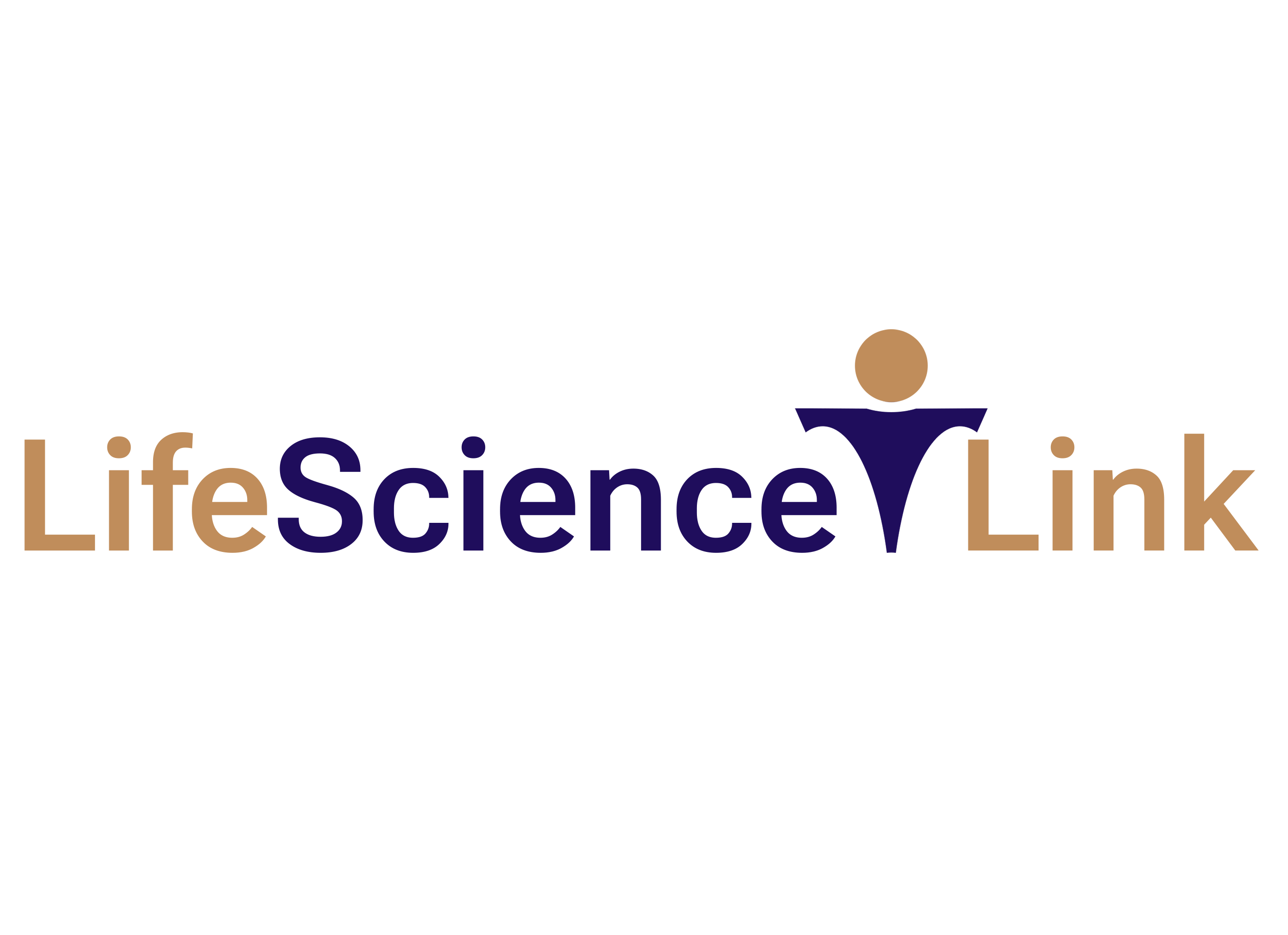Introduction
The COVID-19 pandemic has not only reshaped our daily lives but also profoundly impacted various sectors, including clinical research. With clinical trials being a crucial component of medical advancement and public health, understanding the ramifications of the pandemic on this front is paramount. This comprehensive exploration delves into the multifaceted impact of COVID-19 on clinical research, encompassing disruptions, challenges, and innovative strategies to mitigate its effects and foster resilience within the healthcare landscape.
Disruption of Clinical Trials
Clinical trials serve as the backbone of medical research, providing essential data for evaluating the safety and efficacy of new treatments and interventions. However, the pandemic has thrown a wrench into the gears of clinical trials worldwide. Social distancing measures, lockdowns, and restrictions on non-essential healthcare services have led to the suspension or cancellation of numerous trials. Additionally, logistical challenges in participant recruitment, retention, and data collection have further compounded the disruption, significantly delaying research progress.
Implications for Healthcare Systems
The ripple effects of disrupted clinical trials extend beyond research laboratories to impact healthcare systems globally. Delayed or halted trials mean postponed access to potentially life-saving treatments and therapies for patients with chronic or life-threatening conditions. Moreover, the diversion of healthcare resources towards pandemic response efforts strains already burdened healthcare systems, exacerbating challenges in patient care, diagnosis, and treatment across various medical specialties.
Challenges in Scientific Innovation
Clinical research fuels scientific innovation and medical progress, driving the development of new drugs, therapies, and medical devices. However, the pandemic-induced disruptions have dealt a blow to the pace of scientific innovation in numerous therapeutic areas. With clinical trials facing significant delays and setbacks, the evaluation and regulatory approval of novel treatments are hindered, impeding patient access to innovative therapies and slowing down breakthroughs in critical fields such as oncology, infectious diseases, and neurology.
Public Health Implications
The impact of COVID-19 on clinical research extends beyond individual trials to broader public health implications. Delayed or incomplete trials may lead to gaps in evidence-based decision-making, hindering the development of effective public health interventions and policies. Furthermore, the disruption of research activities impedes efforts to understand the long-term health effects of COVID-19, identify vulnerable populations, and implement targeted interventions to mitigate the spread of the virus and its impact on global health.
Strategies for Mitigation
To mitigate the impact of COVID-19 on clinical research and its wider implications, stakeholders must embrace innovative strategies and collaborative approaches. Leveraging digital technologies for remote data collection, telemedicine, and virtual trial management can circumvent logistical challenges and ensure the continuity of research activities. Moreover, fostering interdisciplinary collaborations, sharing data and resources, and streamlining regulatory processes can accelerate research progress and facilitate the development of evidence-based solutions to combat the pandemic and its aftermath.
Building Resilience and Adaptability
Amidst the challenges posed by the pandemic, building resilience and adaptability within the clinical research community is paramount. Embracing agile methodologies, flexible trial designs, and adaptive strategies can help researchers navigate uncertainties and overcome obstacles in research endeavors. Moreover, investing in capacity building, training, and infrastructure development can enhance the preparedness of healthcare systems to respond to future crises and ensure the continuity of essential research activities in the face of adversity.
Conclusion
The COVID-19 pandemic has underscored the critical importance of clinical research in addressing global health challenges and advancing medical knowledge. However, the disruption caused by the pandemic has posed significant challenges for clinical research, with far-reaching implications for healthcare systems, scientific innovation, and public health strategies. By adopting innovative strategies, fostering collaboration, and building resilience, stakeholders can mitigate the impact of the pandemic on clinical research and pave the way for a more robust, agile, and responsive healthcare ecosystem. As we navigate through these challenging times, it is essential to remain vigilant, adaptable, and united in our efforts to overcome obstacles and drive positive change in clinical research and healthcare delivery.

